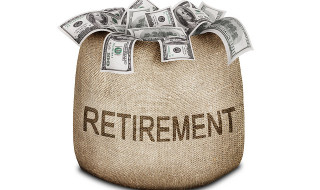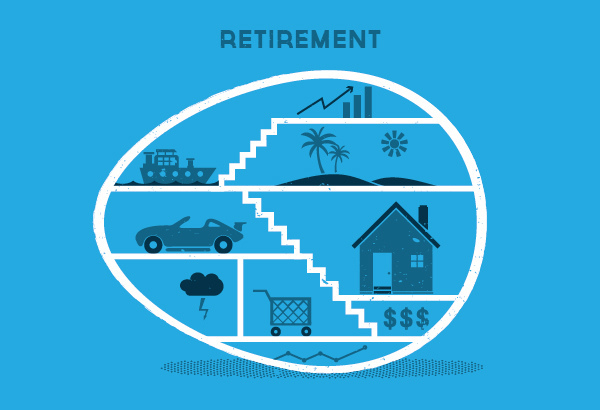So you got your first full-time job after graduating…what happens next? You may be lost and unfamiliar with the new responsibilities ahead. So, it is best to keep your finances in check. These steps will help:
1. ALLOCATE YOUR FINANCES BY BUDGETING
List down your expenses (i.e., fixed and variable), your income, and debts. Be aware of your cash flow for at least 2 weeks to help you set up a budget. Do not panic if you still have to pay your student loan because a budget will help you plan your income allocation.
2. REDUCE YOUR STUDENT LOAN
Do not wait until the lender notices you have graduated, start now. The earlier you start making payments, the more you will save. Furthermore, if you have a private loan that you took out when your credit score was lower, there is a potential to borrow again at lower rate.
3. THINK ABOUT YOUR FINANCIAL GOALS
You may be living from paycheck to paycheck at the first few months but how about 4 years from now? Think about your long-term financial goals and start planning your budget accordingly. You may consider buying a house, traveling, or having kids, so start setting aside some money every month towards your goals. This will lessen the load and the stress.
4. CONSIDER BUYING THE INSURANCE YOU NEED
Insurance maybe in the back of your mind because you are young, healthy, and you got your life ahead of you. But, it will be the best thing you have ever invested on once accidents and unforeseen things happen. It is cheaper to buy insurance now while you are young because the risks are low. Many employers offer group life and group disability insurance, so it is more affordable and cheap enough to consider.
5. OPEN YOUR RETIREMENT ACCOUNT
I stressed this issue so much before and I will say it again. The best time to start your retirement savings is before you hit 35 years old. Wouldn’t you want to have a relaxing life with no financial worries once you retire?
Then, set aside at least 5-10% of your income per month for retirement fund. Also, avoid debt as much as possible and get educated about your finances. Know how and why you should save for retirement before your mid-30s here.




